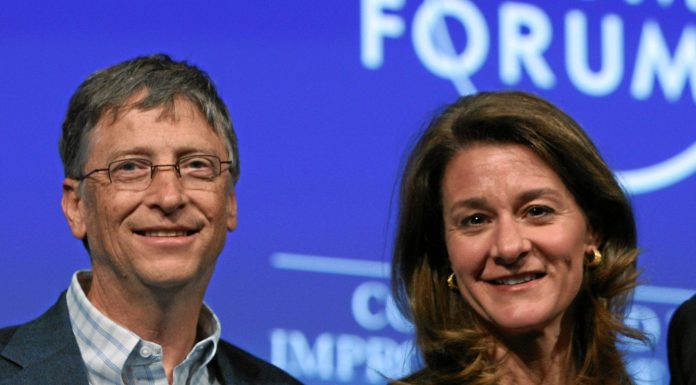(Philanthropy Daily) As part of its “2020 Vision: Key Trends for the Year Ahead” series, The Chronicle of Philanthropy included a piece by Ben Gose last week that ominously opened, “As trust in nonprofits sinks to new lows, charitable organizations could face many threats to their ability to carry out their missions, including trouble raising cash, attracting top talent, and persuading Americans to take action on social, environmental, and other key issues.”
In fact, according to the 2019 Edelman Trust Barometer, cited by Gose, only a relatively low 52% of Americans have faith that nonprofits will “do what is right.” For-profit businesses actually fare two percentage points better.
Gose lists a number of possibilities for this low level of trust in nonprofits, including a general anti-institutional climate, generational change, and a series of recent scandals. One possibility not considered, however, is embedded in that opening line of Gose’s. What if the public is losing trust in nonprofits precisely because they’re spending ever less time on what we would consider traditional charity, and ever more time “persuading Americans to take action on social, environmental, and other key issues”?
While “take action” is a nice, neutral term, there’s little doubt among nonprofit leaders about what sort of action that would be. It would be distinctly progressive action: battling gender discrimination, reversing climate change, rectifying economic inequality, and so forth…
But supporters of traditionalism, while almost entirely frozen out of the activist nonprofit sector, do in fact constitute a large share of the American electorate, and of the public upon whose giving many nonprofits rely. One explanation for the low trust in institutions is that this share of the public no longer believes them to be run by trained, well-intentioned, objective professionals, operating only in the public interest.
Institutional elites have come to be seen, rather, as isolated, smug, and contemptuous toward those who don’t share their enlightened views. As nonprofit elites continue to assume that all people of good will necessarily share their agenda—that a call to “take action” is simply, by definition, a call to progressive action—are they manifesting that same isolation, smugness, and contempt toward less-advanced thinkers? And could that be an explanation for the fall-off in trust, just as it has been for other major institutions of American society?
That’s certainly suggested by other findings from the Edelman Trust Barometer. Apparently, Gose notes, the “top two reasons Americans lack trust in nonprofits were ‘Leadership has a hidden agenda that I don’t always agree with,’ and ‘They’re more focused on raising money than in getting things done.’”



